Northwest Flight 188
In my post about Swissair Flight 111, I referred to Northwest Flight 188:
On Wednesday, October 21, 2009, at 1756 mountain daylight time, an Airbus A320, N374NW, operating as Northwest Airlines (NWA) flight 188, became a NORDO (no radio communications) flight at 37,000 feet. The flight was operating as a 14 Code of Federal Air Regulation Part 121 flight from San Diego, California (SAN) to the Minneapolis-St Paul International/Wold-Chamberlain Airport (MSP) with 5 crew members and 147 passengers.
At 1958 central daylight time, the aircraft flew over the destination airport and continued northeast for approximately 150 miles. The MSP center controller reestablished communications at 2014 CDT and the pilot stated “we got distracted and we’ve overflown MSP. We are overhead Eau Clare, WI (EAU) and would like to make a 180 [degree turn] and do an arrival from over EAU.” At 2019, the controller asked the pilot to explain the cause of the situation to which the pilot replied, “just cockpit distraction, that’s all I can tell you.”
I wrote about the Swissair flight in the context of why a full investigation is important. The investigation showed that the pilots acted as they were trained to, with a set of checklists that presumed no emergency, in a plane filled with flammable material, with a fire blazing that they had no chance to react against. There was nothing the crew could have done to save that plane other than refuse to take off in the first place – but that was far from clear when the news broke that they had crashed into the water. The initial reaction was simple: the flight crew had not recognised the emergency and was responsible for the flight crash. As a result of a thorough investigation, we now know better.
Austin left a thoughtful comment regarding Northwest Flight 188:
I see your point about waiting – but given that these pilots would have had more flights – wouldn’t the airlines have been liable for any further incidents should the NTSB have found it as it was – pilots looking things up on the internet?
I’m all for being fair but when it comes to passengers – I think their concerns are primary.
Now, it’s actually not uncommon for an airline to suspend pilots from duty pending the outcome of the investigating. The FAA revoking the licences is a step beyond that. To my mind, it was a vote of no-confidence against the airline and against the accident investigation.
In the Swissair piece, I showed how easy it might be to blame the crew for incompetence as a simple solution (which would have saved millions spent on that investigation) rather than find the chain of events which caused the issue. The airline industry can deal with it quickly (“We fired the pilot. There is no longer a problem”) and move on. Sometimes, of course, it is pilot error. Even then, it’s worth looking at human factors and how to avoid these scenarios – for example, training First Officers that it is OK to argue with the Captain if he seems to be making a mistake. The problem, I think, is that the airlines have no real benefit in investing money to absolve pilots or find problems within their systems that will cost even MORE money to solve.
Example: Pilot falls asleep in the cockpit, airline sacks him, problem fixed. Except that all the pilots are exhausted, the shift patterns they are doing are unsustainable and, on top of that, now every pilot is flying in a culture of fear that he will be next. But the actual problem has been safely ignored – this is why a zero-tolerance response to pilot error is bad and why an investigation needs to take place.
Personally, I think it’s critical that accident investigations are held by someone on the outside of the commercial industry, in this case the National Transportation Safety Board (NTSB). (Some people claim that the NTSB is similarly biased and will blame the pilot if at all possible. That’s not been my experience in terms of accident reports but I do accept that it is easier simply to say “pilot error” than to track down the underlying problem.)
So, in the case of Northwest Flight 188, I was disappointed in the reaction from the FAA of snatching the licences. Finger-pointing at the pilots – who are the people with the least clout in the process – is easy and tempting. That’s why I think that it’s vital that we allow for due process, in order to ensure that we continue to focus on the real issues rather than a quick resolution.
I was interested in the opinion piece Eating our Young: The Final Flap About NWA 188 on Jetwhine, where Robert Mark explains his initial condemnation of the pilots:
To me, those two NWA guys took a couple of great jobs and tossed them in the toilet because they were completely out to lunch for some reason. It honestly doesn’t even matter to me why they zoned out. As one of our readers said too, “I don’t know exactly what those two pilots were doing, but I only know they weren’t doing what they should have been.” Pretty smart lady.
But he goes on to say that his response at the time may have been rash:
Let’s say this is more of an explanation that confirms what my wife/shrink told me … that perhaps I was projecting a bit on these two pilots because I couldn’t imagine anyone throwing away this job. I still can’t imagine how they zoned out for so long, but as one of you pointed out, I’d still want my day in court. And it’s not right that we don’t stand together in a crisis. That happens way too much these days in too many industries.
I’ve learned quite a bit about this industry and myself over the past few months. Hopefully I’ve drawn the correct line in the sand this time. What exactly DID happen to those two NWA pilots by the way?
Unfortunately, I don’t think we’ll ever know. But this honest analysis of the initial finger-pointing response restored my faith in Jetwhine.
In my opinion, revoking the pilots’ licences ahead of the investigation shows not just a lack of faith in the procedures but sends a very negative message. Maybe the guys were smoking joints up there in the cockpit and having a good old time and should have been shown the door years before. But – again – due process: it is customary to wait until the evidence has been collected and collated before deciding on a response. The FAA should have waited for the facts (such as they are).
Contrast to this the air traffic controller who was on duty when the helicopter and plane crashed in the Hudson. He was on the phone to his girlfriend and not paying attention. As far as I know, the investigation showed that his phone call had an effect (i.e. he might have been able to spot the problem and fix it) but was not the cause (he didn’t tell them where to go).
However, personal phone calls are not allowed while on the job – so he was dealt with for this clear firing offence. There is no result of the investigation that will change this, there is nothing they might find which would shed a new light on making a personal call while on duty. So although the investigation is clearly critical, firing the controller isn’t jumping the gun on the investigation. If nothing had gone wrong and he’d been caught, he still would have risked losing his job. Unfortunately, something did go wrong and his phone call attracted national attention. I can’t see there was any choice but to follow standard personnel procedure.
On Northwest Flight 188, I don’t see any single damning action. Everything they did (playing with laptops in the cockpit, missing an ATC call, changing to wrong frequency) happens regularly. Pilots are not normally disciplined for any of these offences, let alone at risk of having their licences revoked.
Meanwhile, the FAA have settled with the pilots:
Pilots who overflew airport drop attempt to keep licenses – CNN.com
Under a settlement with the FAA, the pilots will not contest their license revocation but can reapply for their licenses in 10 months instead of 12, the agency said.
The FAA declined to say why it settled, but the settlement pre-empts the need for an appeals hearing next month before the National Transportation Safety Board that could have resulted in protracted litigation.
The FAA said it reached the settlement Monday.
If the pilots reapply for their licenses, they would need to take tests required of new pilots and would need simulator training to get certificates allowing them to pilot commercial planes, FAA spokeswoman Laura Brown said.
Meanwhile, to be honest, these pilots are going to have a hard time finding an airline willing to take the PR hit of letting them command passenger aircraft. We probably aren’t going to find out any more about what at this point. Personally, I’m still leaning towards alien abduction as the most sensible explanation.
Edit: The final report has just been released. Maybe they read my blog?
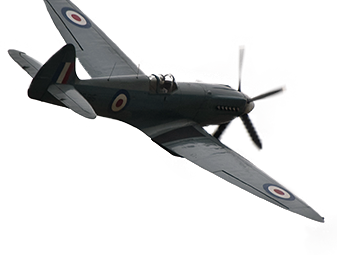

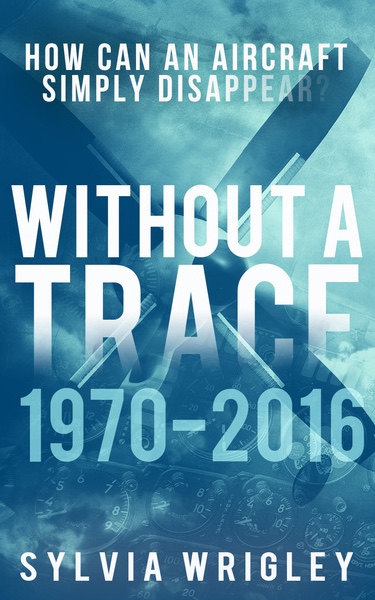
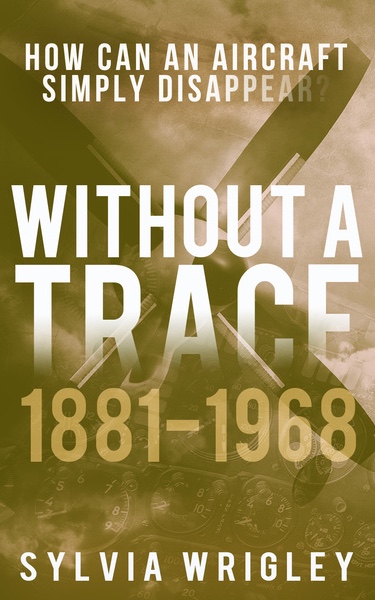
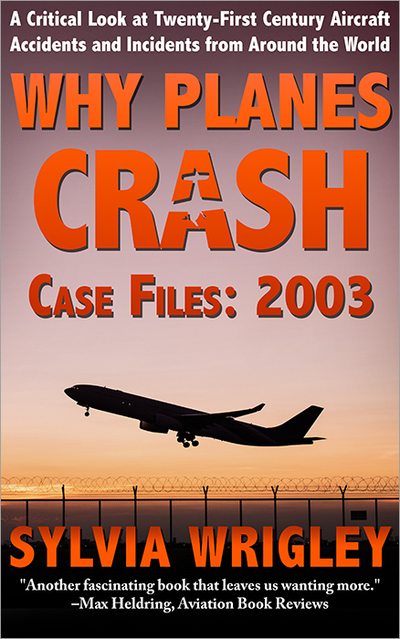
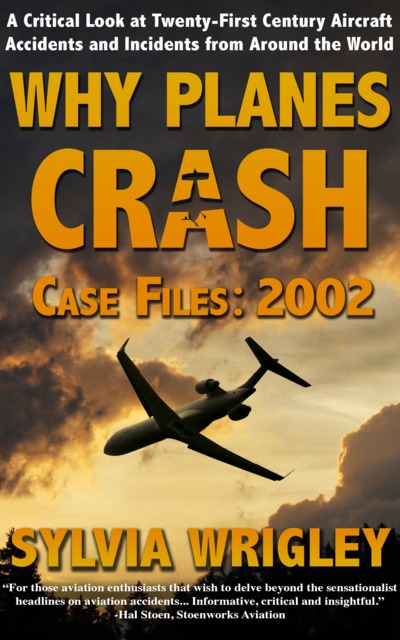
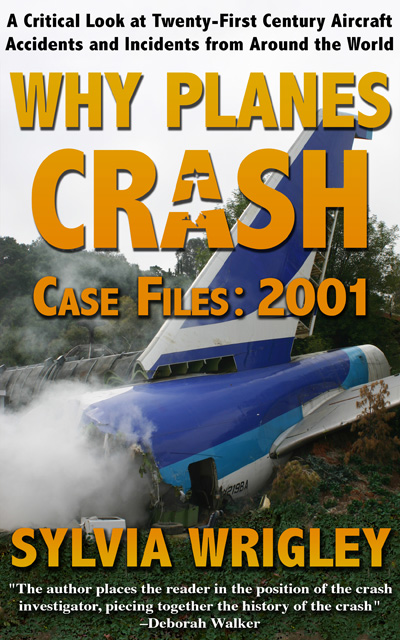

Those pilots are finished. You are right that no airline would ever hire them. I just don’t see why FAA has to settle. These pilots should not keep their licenses and they should never be able to reapply. This is public safety and we are talking about hundreds of lives here.